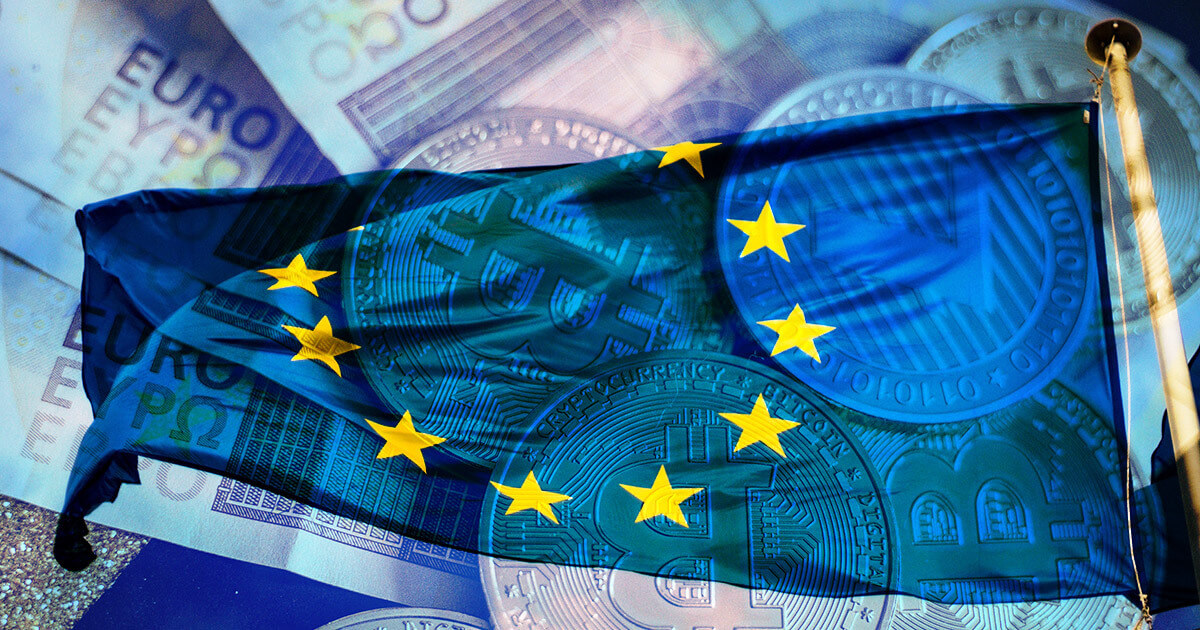The Fintech Harbor offers advisory services to entities in the virtual assets and blockchain areas and assists with the acquisition of operating cryptocurrency license in EEA countries where these activities are protected, in addition to having a network of expert advisors within the European Union who specialize in the field of legal and business consulting.
The growth of the market for digital assets and virtual values has piqued the attention of regulatory authorities in both the European Union and the European Economic Area (EEA). As a result, several member states of the EU have developed a legislative framework that paves the way for the expansion of initiatives focused on digital assets.
Environment of businesses
The industry of virtual assets is now subject to regulation as a result of the European Union’s 5th Anti-Money Laundering Directive (5AMLD), which was enacted in May of this year. The regulation of digital values is the subject of this landmark piece of legislation, which is the first of its kind to apply throughout the whole of EU territory. In this context, the term “virtual currency” refers to a digital representation of value that is not backed by the nation’s central bank or any other governmental agency. Furthermore, virtual currency does not have the same legal status as traditional currencies, and it can be kept and transferred digitally.
The following items are included in the list of responsibilities encompassed by the term “virtual asset service provider”
- Transactions involving the exchange of virtual money for conventional or fiat currencies (such as the euro, the dollar, or the pound) and vice versa.
- Keeping virtual values safe and secure for the benefit of other parties.
- The carrying out of instructions on behalf of other people.
- Incoming and outgoing communication about orders
- The European Union’s regulatory framework for digital assets is still in its infancy at this point. In the meanwhile, various member states are already implementing different measures that are based on the EU’s 5th Anti-Money Laundering Directive. The European Union is working on developing a uniform set of rules for the regulation of virtual currencies that will apply to all member states.
The 5AMLD states that service providers of virtual values are required to operate in line with the norms of combatting money laundering, which results in obligatory registration with AML authorized agencies and the carrying out of a comprehensive client due diligence procedure (identify users, track transactions and report suspicious activity to authorities). The regulatory authorities of the various EU member states adapt their control techniques to conform to the local legislative traditions and economic climate of their respective states. A stringent regulatory framework for virtual values has been implemented in Germany, as well as in Spain, Italy, the Netherlands, and France. As can be seen in the table below, the governments of these nations have chosen to make banking acts (which govern securities trading) or payment services supervisory laws applicable to virtual asset service providers, which has resulted in stricter regulatory requirements.
The climate in Estonia, which has a clear legislative definition of the status of virtual currency as an alternative means of payment, is considered to be the most advantageous among the nations that are members of the EU. The activities of companies that provide services in this area are regulated by the Law and are under the supervision of the Financial Intelligence Unit, which also deals with applications for the issuance of the relevant financial authorizations. The Financial Intelligence Unit is responsible for supervising the activities of the companies that provide services in this area.

